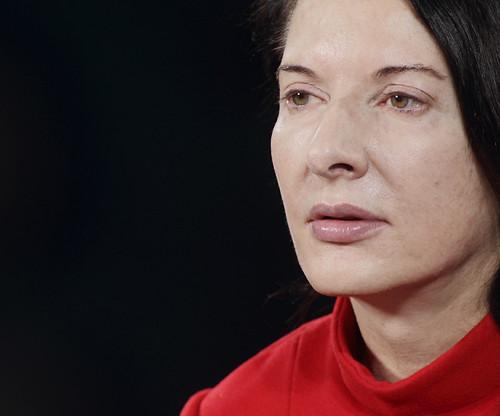The NYT tossed up an article today "When the camera takes over for the eye"with an almost inspired quote regarding on how we do the recording-as-better-remembering act: "...the camera is a way of connecting, participating and collecting fleeting experiences." The piece is short but adds to this ongoing discussion of what the image-taking process means for us as viewers and consumers. This is not just for art but for family outings, special events or moving sunsets.
Jaron Lanier has a recent interview/article in the Edge, I'm still working through this but Lanier has some interesting ideas that relate to this camera idea.
"Can people learn to forego the temptations, the heroin-like rewards of
being able to reform the world to your own advantage in order to instead
make something sustainable?"
Seemingly, those with cameras can now re-make the world so that a piece of art that is physically stuck in pcae can now be carried, printed or displayed wherever the individual's device allows. So we cease looking at items in their settings and look to see the most advantageous vantage point or interesting view point to capture the piece rather than simply being with it. The camera diminishes the art by reducing it to pixels and thus allowing the viewer to bypass the aesthetic experience or challenge. By capturing an image of the piece/scultpure the need to further interact with the work is pushed into the future since there is an artifact that can, if needed, be considered at leisure without the need to return to the thing itself. The world remade in the eye of the beholder holding a tiny lens and screen.
To stare at Maria Abramovi's image is not to sit down with her. What would it have been like to have sat down with Maria Abramovic in the MOMA for "The Artist is Present" and brought out a camera phone and interposed it into the visual space? You can see many of the people who sat with Maria here. But without cameras no one outside of that room would have seen/experienced this event. There would simply be a blank square.
Is it simply because the technological devices are now available to us that we persist in recording these events? We are interested in recording and then digging those recordings up after they have been covered in dust but who is going to shift through the terabytes of digital files to find the important stuff?
Perhaps it is that we are too afraid of loss to stop recording.


No comments:
Post a Comment